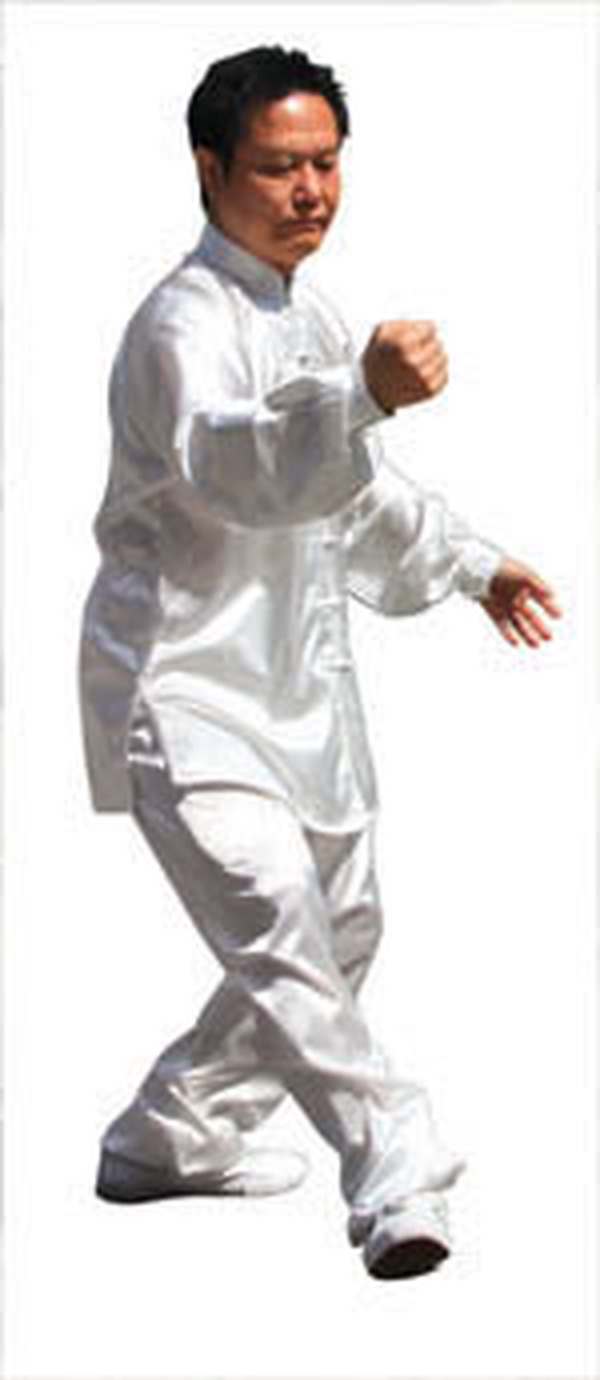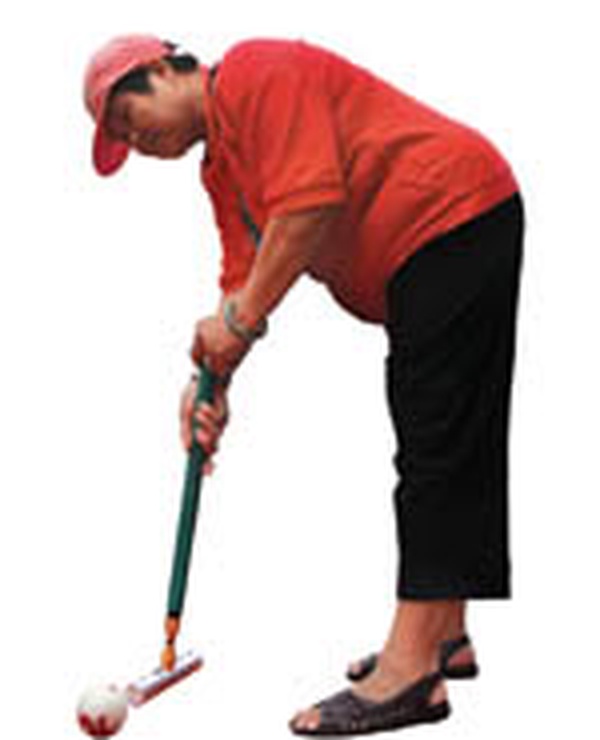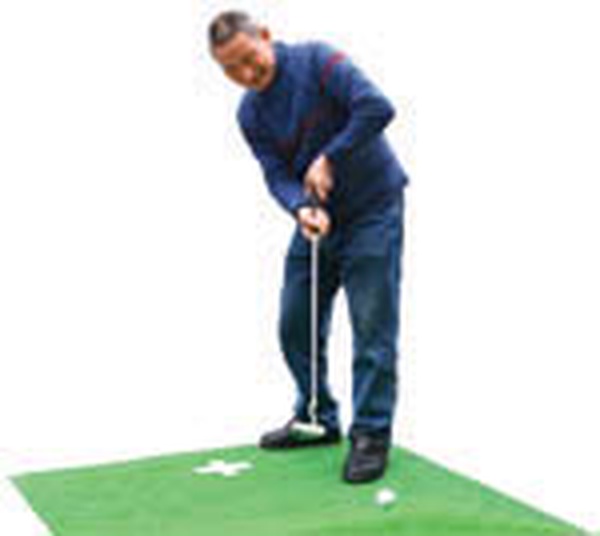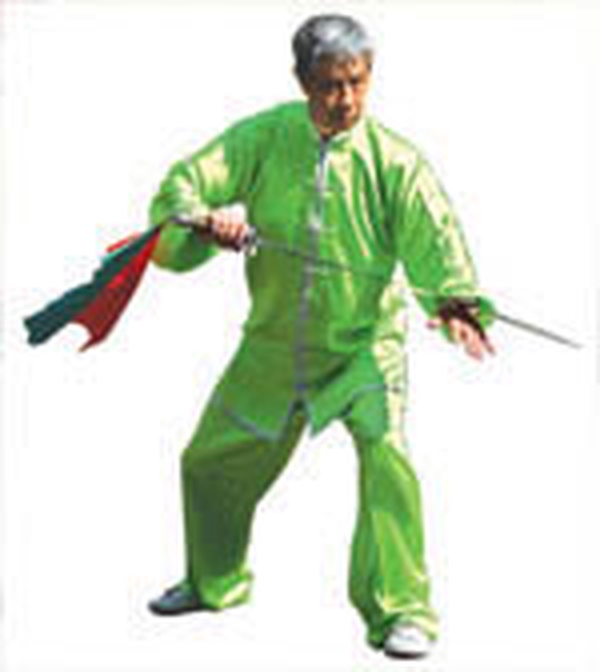In the last issue, we introduced to readers the ‘Importance of Sports for the Elderly’ , discussing the impact of sports on bones, joints, muscles and circulation. The current issue features the second part of this article and continues discussing the influence of sport on the respiratory and digestive functions and nervous system.
Influence on respiratory function
If one feels short of breath after climbing two flights of stairs, this correlates to the weakening of the respiratory function as a result of a decrease in respiratory muscle strength, alveolar elasticity and expansion of the alveolar volume. Regular exercise can increase the strength and stamina of respiratory muscles, and maintains the elasticity of lung tissue and the activeness of the thoracic cage.
Studies show that regular exercising helps elderly people slow their respiratory rate during quiet breathing to 8-12 times per minute, thereby increasing their depth of respiration. This also greatly increases the amount of oxygen inhaled and improves respiratory efficiency. With sufficient oxygen supply, the metabolic process of internal organs speeds up accordingly. In addition, outdoor exercises can help prevent senile bronchitis and asthma. In general, regular exercise such as brisk walking, jogging, swimming and cycling, is effective in improving the respiratory function of the elderly.
Influence on digestive function
The poorer appetite of the elderly can be directly related to the declining function of their digestive organs. The digestive organs of elderly people usually experience a shrinking of gastrointestinal mucosa, and as a result their stomach volume, gastric fluids and acidity are reduced. At the age of 60, the digestive ability of elderly people decreases some 20% to 30% compared to their peak, and by 50% to 60% at the age of 90. Loss of teeth deteriorates the chewing ability of the elderly, which in turn increases the burden on their digestive system and eventually weakens the digestive function.
Elderly people who exercise frequently usually have a better appetite. This often relates to the more active musculation and substance metabolism, which promote the gastrointestinal peristalsis and secretion of digestive fluids and improves blood circulation in the digestive system. This, on the one hand, is conducive to strengthening the digestion and absorption of nutrients. On the other hand, due to the increasing depth of breathing resulting from exercise, it amplifies the vertical movement of the diaphragm and helps massage the stomach and intestines, thereby enhancing the overall digestive function of the stomach and intestines.
Moreover, physical exercise is effective in protecting the liver function. These changes are definitely beneficial to preventing and allaying the aging phenomenon of the digestive system. Generally speaking, all kinds of physical sports can accelerate metabolism and promote digestive function. To conduct treatment targeting chronic gastrointestinal problems, one is recommended to conduct regular therapeutic gymnastics, qigong and abdomen massage to achieve significant results.
Influence on nervous system
Elderly people usually suffer from poor memory. This often relates to the weakening function of their nervous system. The nerve cells of a 70 or 80-year old person’s brain are 20% less than that of a young person, with the brain weighing 10% less than that of a 20 year-old. The brain blood flow volume declines to 70% that of a young person due to the narrowing lumens of brain blood vessels. These are the major reasons why elderly people suffer poor memory and slow responses.
Although no conclusion has been drawn to show that physical exercise helps postpone the aging problem of brain neurons, regular exercise positively delays the occurrence of arteriosclerosis and improves blood and oxygen supply to the brain. Although muscle activity remains the core of physical exercise, the rhythmic and co-ordinated stretching of the muscles of the whole body is precisely controlled by the nervous system. Through physical exercise, one can gradually improve and train the nervous system in the process of controlling and adjusting the movements of muscles. As evident in our daily lives, elderly people who regularly exercise often live happily and optimistically due to increased vitality and agility. Hence, for a healthy and nimble mind, dear old friends, let’s take up a sport now.






